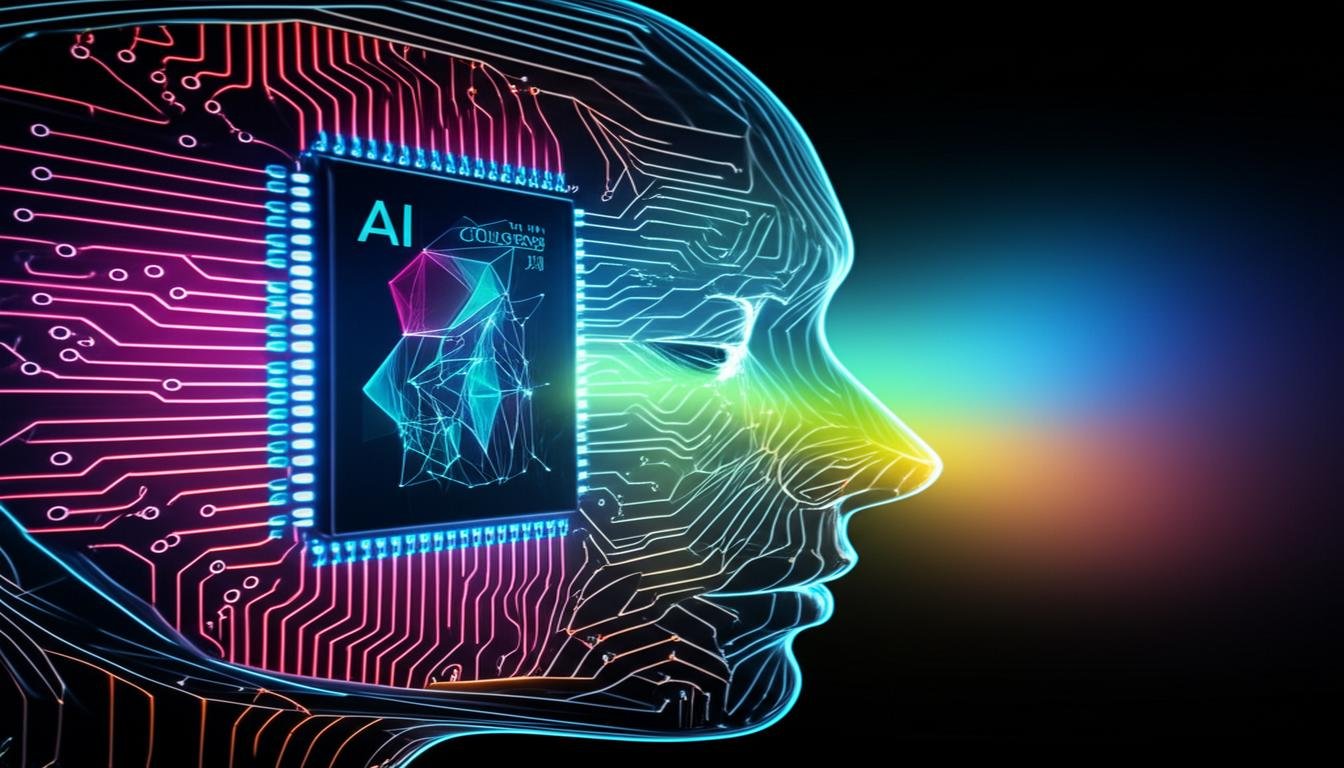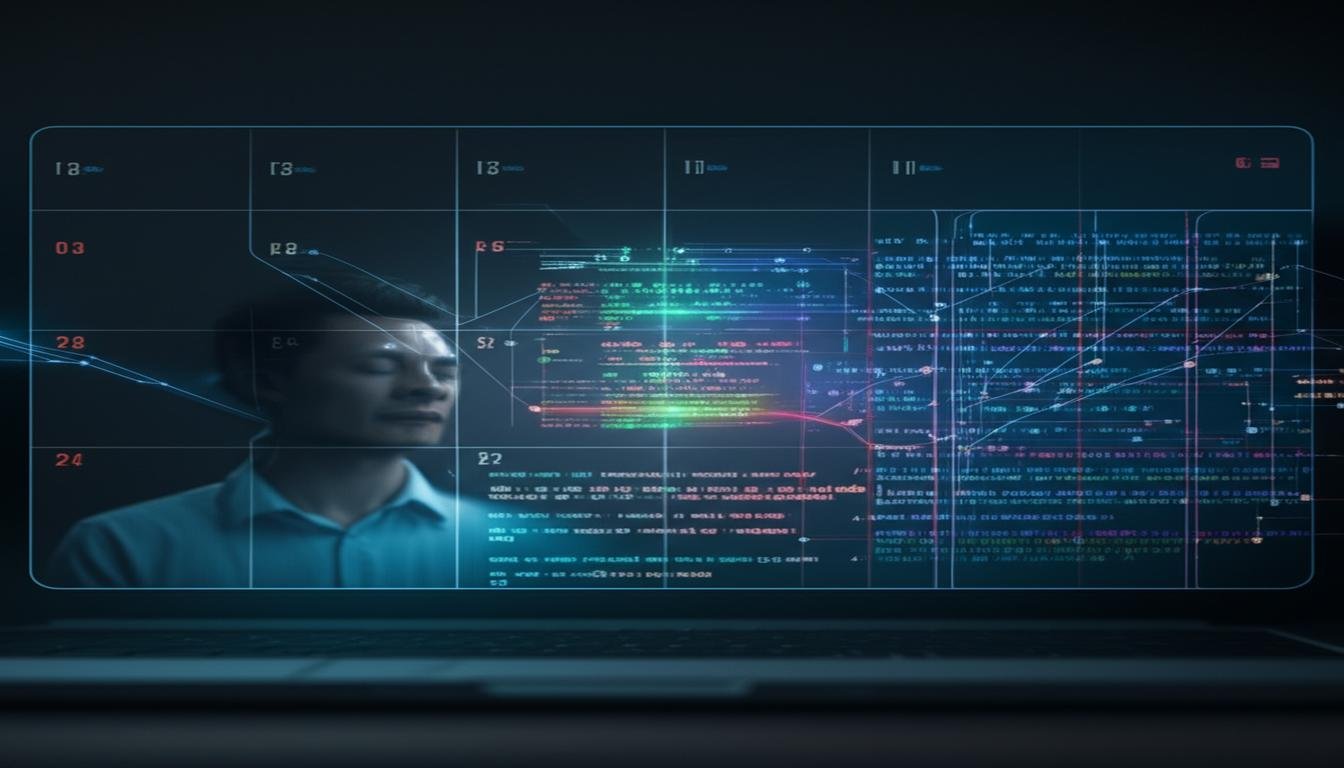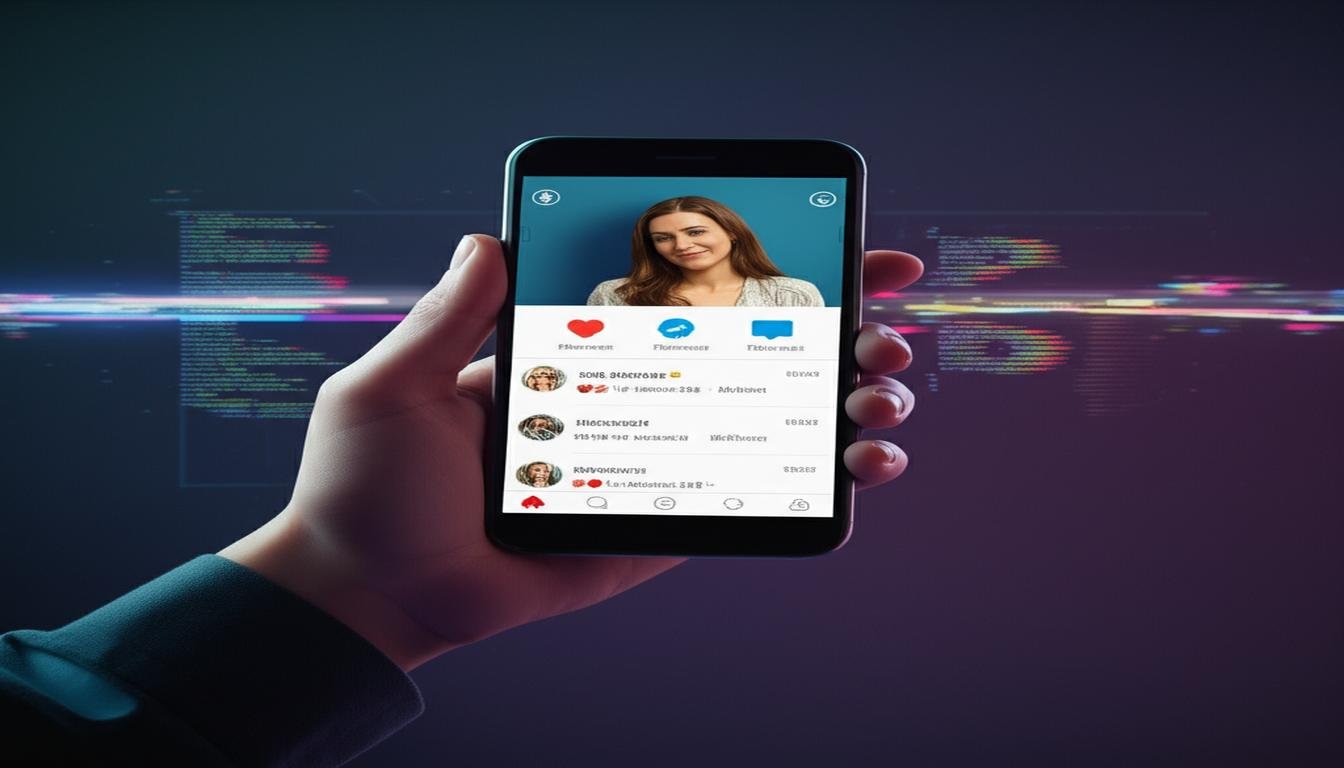Ever caught your partner staring intently at their phone, maybe even smiling or typing away, and wondered who exactly they’re talking to? In an age where digital connection is everywhere, it’s easy to assume it’s just another friend or family member. But what if it’s something entirely different? What if they’re chatting with an AI?
It might sound like something out of a sci-fi movie, but the truth is, it’s becoming incredibly common. From ChatGPT to Claude and beyond, AI chatbots are more accessible and sophisticated than ever. And yes, people are finding solace, entertainment, and even a sense of connection with them. If you’ve started to feel a subtle shift, like your partner is more engaged with their device than with you, this could be a hidden part of the puzzle. It’s certainly more common than you might think.
Why Is Your Partner Chatting with AI? It’s Not What You Think
Before you jump to conclusions or feel hurt, it’s important to understand why someone might turn to an AI for conversation. It’s rarely about replacing you or a sign of malicious intent. Often, it stems from a few surprising reasons:
- Curiosity and Novelty: AI is fascinating! Many people are simply exploring what these intelligent programs can do. They might be trying out different prompts, asking it to write stories, or just seeing how “human” it can sound.
- Low Stakes and No Judgment: Talking to an AI feels incredibly safe. There’s no fear of judgment, misunderstanding, or disappointing anyone. It’s a space where you can vent, brainstorm, or explore thoughts without emotional repercussions.
- Specific Needs: Sometimes, an AI can provide a unique kind of help. Maybe your partner needs a quick answer to a complex question, wants to brainstorm a new business idea, or even practice a difficult conversation before having it in real life.
- Emotional Outlet or Escapism: Life gets stressful. Sometimes, people use AI as a low-pressure outlet to process thoughts, vent frustrations, or just escape into a different kind of interaction. It’s a digital companionship that can feel less demanding than human interaction in moments of overwhelm.
Think about it: Sarah’s husband, Mark, found himself asking ChatGPT for advice on a tricky work situation instead of Sarah. Not because he didn’t trust her, but because the AI offered instant, unbiased brainstorming and endless follow-up questions without him feeling like he was burdening her. It was a tool, not a replacement.
Is AI Communication a Threat to Your Relationship?
It’s natural to feel a pang of concern. When you picture your partner connecting deeply, you usually imagine it with you. However, viewing AI interaction as an immediate threat might be missing the point. Often, it’s a symptom or a coping mechanism rather than the core problem itself. Digital companionship is a new frontier, and we’re all learning to navigate it.
Recognizing the Signs (Without Snooping)
You don’t need to become a detective to notice shifts in your relationship dynamics. Here are some subtle signs that might suggest your partner is engaging with AI:
- Increased Phone Secrecy: They might be more protective of their phone, quickly closing apps when you approach, or positioning it so you can’t see the screen.
- Less Direct Communication with You: They might seem less inclined to share their daily thoughts, dilemmas, or even casual observations that they used to share with you.
- New Ideas or Information: They might bring up interesting facts, concepts, or problem-solving approaches that don’t seem to stem from their usual sources like friends, work, or media.
- Subtle Changes in Mood or Engagement: While not always AI-related, a partner who seems “elsewhere” or less present during your conversations could be mentally engaged with digital interactions.
What to Do If You Suspect AI Chatting
If you have a hunch, the most important thing is to approach the situation with curiosity and compassion, not accusation. Here’s a way forward:
- Don’t Jump to Conclusions: Just because they’re on their phone a lot doesn’t automatically mean AI. Avoid assuming the worst.
- Communicate Openly and Gently: Pick a calm moment to talk. Instead of saying, “Are you talking to a robot instead of me?”, try something like, “Lately, I’ve been feeling a bit disconnected, and I miss our conversations. Is everything okay?” Or, “I’ve noticed you’re spending a lot of time on your phone. What cool new things are you exploring?” This opens the door for honest dialogue.
- Ask About Their Experience: If they reveal they’re using AI, ask them about it. “What do you like about chatting with AI?” “What do you get from it that you feel is missing elsewhere?” Listen to understand their needs and motivations.
- Reflect on Relationship Needs: This might be an opportunity to explore if any emotional, intellectual, or conversational needs aren’t being met within your relationship. Remember, people seek out different avenues when something feels missing.
- Re-engage with Shared Activities: Suggest activities that encourage face-to-face interaction and connection. Go for a walk, cook together, or have a screen-free dinner.
Building Stronger Human Connections
Ultimately, a strong relationship thrives on open communication and genuine connection. If AI chatting has become a noticeable habit for your partner, it can serve as a catalyst for a deeper conversation about your shared future and the quality of your bond.
- Prioritize Quality Time: Schedule dedicated moments for just the two of you, free from distractions.
- Practice Active Listening: When your partner speaks, truly listen without formulating your response. Ask follow-up questions.
- Express Appreciation: Regularly acknowledge and thank your partner for the big and small things.
- Address Underlying Issues: If there’s stress, loneliness, or dissatisfaction (either personal or within the relationship), acknowledge it and work through it together.
Finding out your partner is chatting with AI isn’t necessarily a relationship crisis, but it is a wake-up call. It’s an invitation to lean into empathy, open communication, and to actively work on strengthening the unique, irreplaceable human connection that you share. Your bond is real, complex, and worth nurturing, far beyond what any algorithm can offer.









